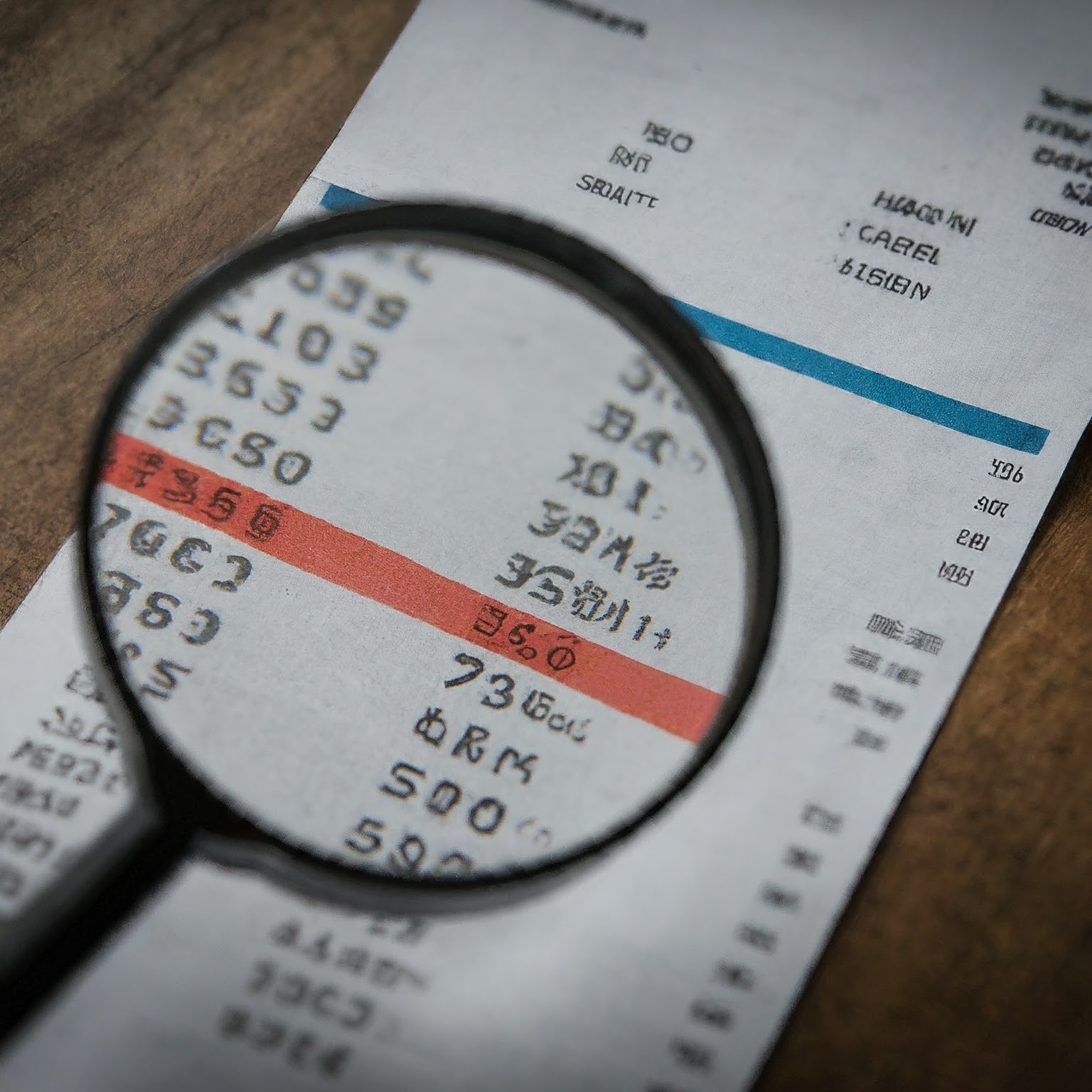Receiving a monthly phone bill is a routine for most of us, but have you ever noticed that some numbers seem to vanish from its pages? This can be perplexing, especially when you’re trying to track your expenses or identify unexpected charges. In this article, we’ll delve into the reasons why some numbers might not show up on your phone bill.

Understanding Your Phone Bill
Before we explore the reasons for missing numbers, it’s essential to understand what information is typically included on a phone bill. Generally, a phone bill details:
Caller ID: The phone numbers you called.
Call duration: The length of each call.
Call type: Whether the call was local, long-distance, or mobile.
Charges: The cost associated with each call or service.
However, this information is not always comprehensive, and several factors can influence what appears on your bill.
Why Some Numbers Might Be Missing
There are various reasons why certain numbers might not appear on your phone bill:
1. Blocked Numbers
Caller ID Blocking: If you’ve blocked your caller ID, the receiving party won’t see your number, and it won’t appear on your bill.
Number Blocking: Some carriers offer services to block specific numbers from appearing on your bill. This is often used for privacy or to manage unwanted calls.
2. Free Calls and Text Messages
Included in Your Plan: Many phone plans include a certain number of free minutes or text messages. These calls and texts usually don’t appear on your bill.
Promotional Offers: Some carriers offer promotional deals with free minutes or texts, which might not be itemized on your bill.
3. Wi-Fi Calling and Over-the-Top (OTT) Services
Wi-Fi Calling: If you made a call using Wi-Fi, it might not appear on your bill as it doesn’t use cellular network resources.
OTT Services: Apps like WhatsApp, Facebook Messenger, and Skype use data rather than traditional phone lines for calls and messages. These communications won’t show up on your phone bill.
4. Call Forwarding and Voicemail
Call Forwarding: If you forwarded calls to another number, the original call might not appear on your bill.
Voicemail: While voicemail usage is often tracked, specific details about incoming messages might not be itemized.
5. Billing Cycles and Delays
Billing Cycle: There might be a delay between when you make a call and when it appears on your bill due to billing cycles.
System Errors: Occasionally, technical glitches can cause billing errors, resulting in missing calls or incorrect charges.
6. Third-Party Apps and Services
Call-Blocking Apps: Some apps can block unwanted calls, and these calls might not appear on your bill.
Robocall Blocking: Carriers often have services to block robocalls, and these calls might be filtered out.
How to Find Missing Numbers
If you’re concerned about missing numbers on your phone bill, here are some steps you can take:
Check Your Online Account: Many carriers offer online portals where you can view detailed call records.
Contact Your Carrier: Reach out to your carrier’s customer support for assistance. They can help you investigate missing calls and provide explanations.
Review Your Phone Records: If you keep a call log, you can compare it to your bill to identify discrepancies.
Protecting Yourself from Unexpected Charges
To avoid surprises on your phone bill, consider the following tips:
Understand Your Plan: Familiarize yourself with the details of your phone plan, including included minutes, texts, and data.
Monitor Your Usage: Keep track of your phone usage to identify any unusual activity.
Review Your Bill Regularly: Check your bill each month for any errors or unexpected charges.
Be Cautious About Premium Services: Avoid dialing short codes or responding to unknown numbers to prevent unwanted charges.
Conclusion
Understanding why some numbers might not appear on your phone bill is essential for maintaining control over your mobile expenses. By familiarizing yourself with the common reasons and taking proactive steps, you can ensure that you’re accurately tracking your phone usage and avoiding unexpected charges.


